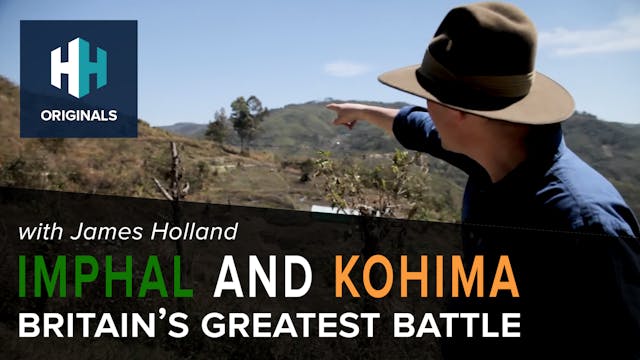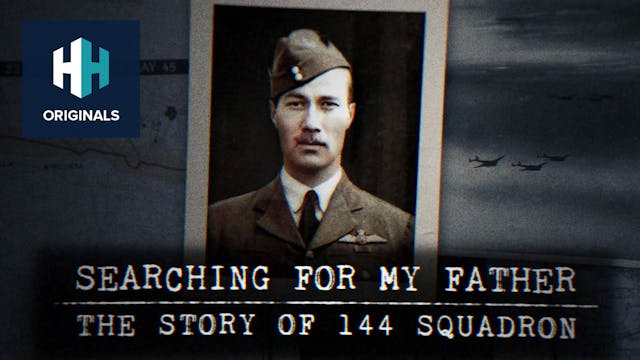The Treasure in the Tin Cup: Artefacts and Archive from Auschwitz
World War Two
•
18m
In the Holocaust, also referred to as the Shoah, Nazis systematically murdered some 6 million European Jews. Between 1941 and 1945, around two-thirds of the Jewish population in Europe were killed. Jews were part of a larger group that included anyone the Nazis considered to be ‘Untermenschen’, or subhumans, which included Roma, gay men, Jehovah’s Witnesses, and Soviet and Slavic citizens. The victims were deported from ghettos in sealed freight trains and sent to concentration centers or death camps, where the majority would be executed. Up to 17 million people were murdered in this way over the course of the Holocaust. Auschwitz was the largest of the German Nazi concentration camps and extermination centers. Over 1.1 million men, women and children lost their lives there. Enemies of the Reich would walk under the chilling slogan, ‘Arbeit Macht Frei’ or ‘work sets you free’, and many would be killed within their first few hours at the camp. Others would work in horrific conditions with few provisions, often dying from malnourishment or illness. In this exclusive interview with Miroslaw Obstarczyk, a curator at Auschwitz, we hear about the horrors of the camp and the bravery of the people who died there.
Up Next in World War Two
-
Secrets of Hitler's Island Fortress
Guernsey and its neighbouring islands have a unique distinction which sets them apart from the rest of the British Isles. Together with the rest of the Channel Islands, they were the only part of the British Isles to fall to Nazi Germany in the Second World War. In this documentary Dan Snow disco...
-
Imphal and Kohima: Britain's Greatest...
The Battles of Imphal and Kohima was a crucial turning point in the attempted Japanese invasion of India during World War Two. By October 1942 Singapore, Hong-Kong, Malaysia and Burma had all fallen to the Japanese; the Imperial army looked unbeatable. Yet it was then, when morale was at its lowe...
-
Searching for My Father: The Story of...
80 years ago Wing Commander Joseph Watts was killed when his RAF Hampden Bomber crashed, as it returned from a bombing raid in Occupied Europe. He left behind a daughter, and also an unborn son. John Watts, born 8 months later, would never meet his father. But recently he discovered that at the R...



